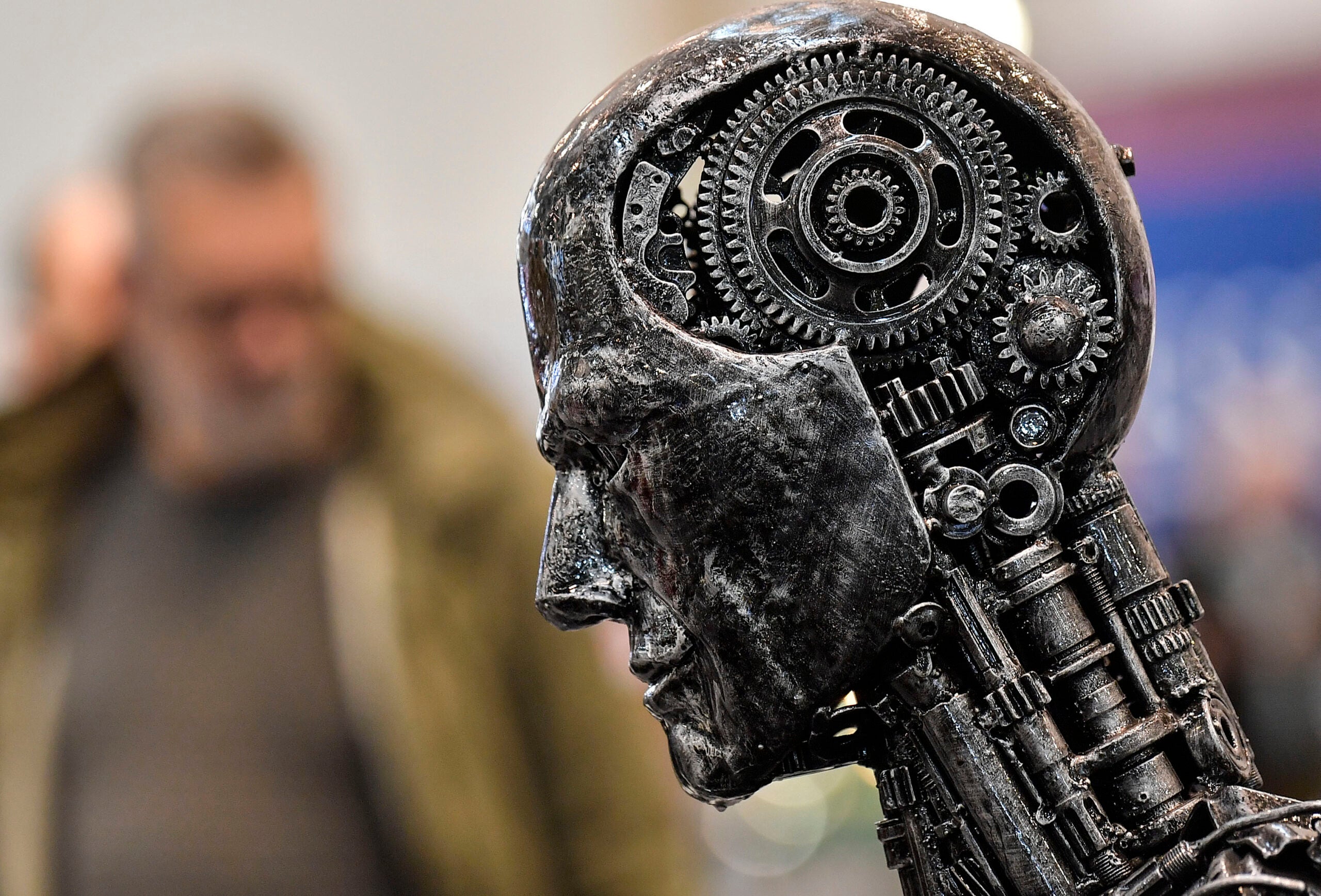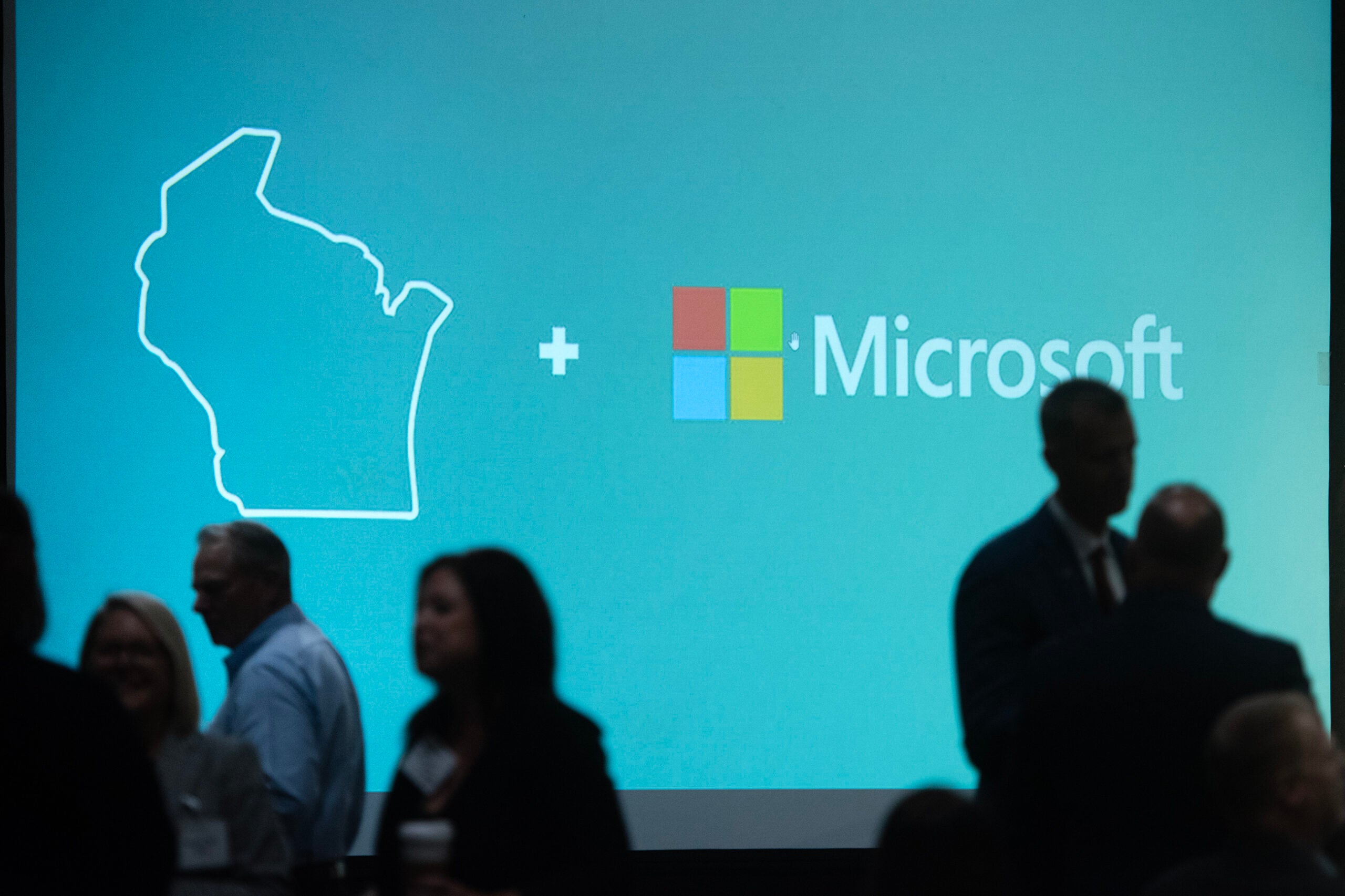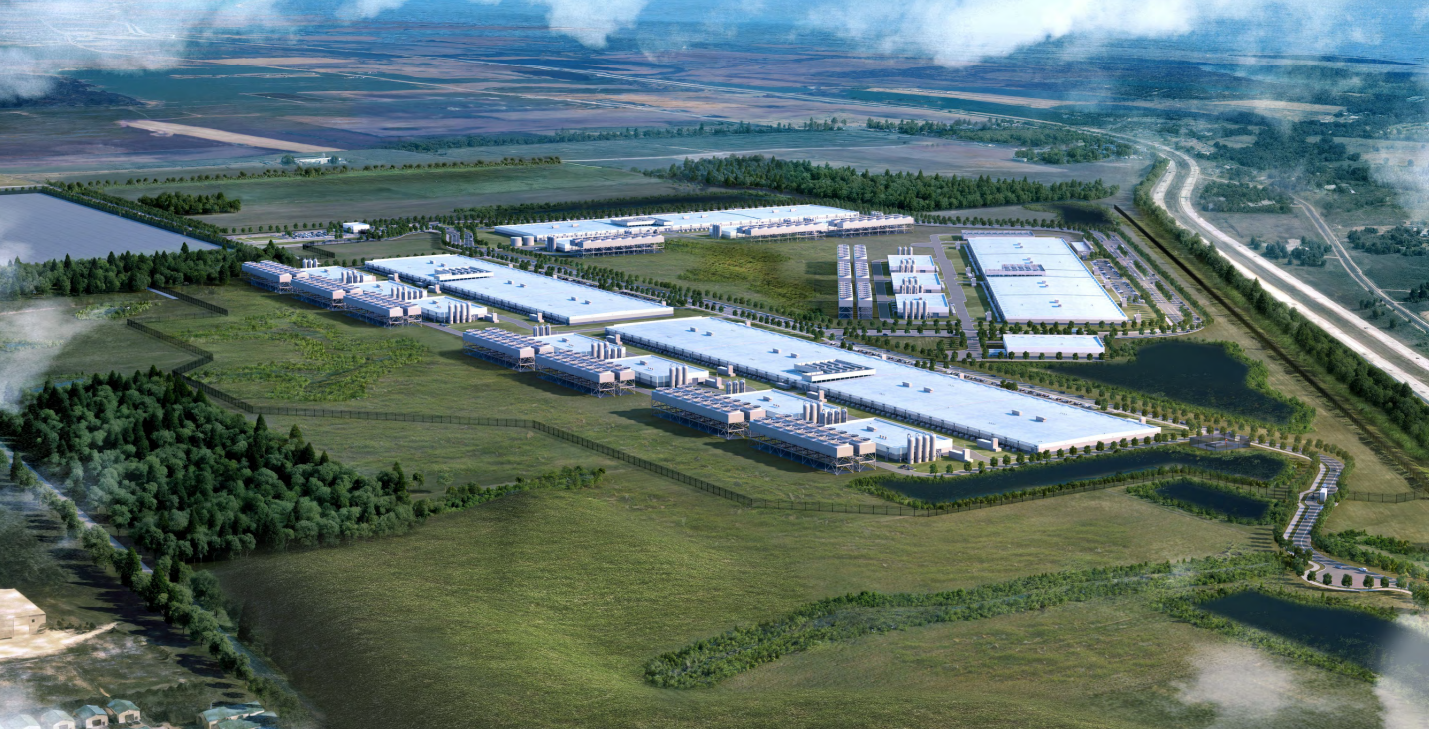While many people fear the rise of artificial intelligence, some in Wisconsin’s tech industry see it as an opportunity to bring more people from marginalized communities into the field.
Nadiyah Johnson, founder and CEO of the Milky Way Tech Hub — a group that primarily focuses on supporting women of color in tech in Milwaukee — said AI is not going away anytime soon. She described it as a possible “door-opener.”
“With AI, specifically, these robust language models, they can be leveraged to really open door career paths, not just in the field of technology, but in different spaces that typically marginalized communities did not necessarily have access to,” she said.
News with a little more humanity
WPR’s “Wisconsin Today” newsletter keeps you connected to the state you love without feeling overwhelmed. No paywall. No agenda. No corporate filter.
The technology is raising concerns over how Wisconsin will address its potential to replace and automate jobs. But Johnson and other leaders say that with intentional education, training and support, there’s an opportunity for women and people from marginalized communities to leverage the technology.
Artificial intelligence is a field of computer science that trains machines to perform complex tasks, with generative AI behind chatbots like ChatGPT. The technology can produce text, images and audio that appear to have been created by humans. Some experts have warned AI poses risks to humanity. And many employers see it as a more cost-efficient way to conduct business — ChatGPT has already replaced some jobs.
In Wisconsin, there are 87,082 jobs in the tech industry, according to a report this year from The Computing Technology Industry Association. Overall, the direct economic impact of the tech sector is estimated to be $21.1 billion.
Statewide, women make up about 28 percent of the tech workforce, according to the same report. That’s up slightly from the national average of 26 percent. Wisconsin’s Black population comprises 3 percent of the tech workforce, as does the Hispanic/Latino population.
Johnson said as a Black woman in STEM, she’s seen recent efforts focused on increasing representation for women in the field.
“I think that as AI continues to advance,” Johnson said, “it is so, so important for us to be more intentional about the education and upskilling of these communities so that we do not get pushed further and further behind.”
Kathy Henrich, CEO of the Milwaukee Tech Hub Coalition, called AI “a huge opportunity.” She said the skills will likely soon apply to every career.
“There’s a lot of fear-mongering that people will lose their jobs because of AI. That same argument has been made for every twist of technology over the last 100 years,” she said. “The real question in our minds should be, in light of that, how does Wisconsin stay competitive in a global world where AI is going to be a core driver going forward in the future?”
One way to do that, she added, is to upskill the workforce and apply the technologies to businesses.
Natalie Nelson is the executive director of Women in Technology Wisconsin, a nonprofit that provides leadership, technology education and mentorship opportunities for women and girls. She said that in Wisconsin, girls need earlier exposure to activities in science, technology, engineering and math. That interest, she added, should be nurtured throughout school.
Nelson said with any new threats technology poses, leaders must assess the situation before taking different steps to mitigate. And she’s optimistic about AI.
“I truly love AI,” she said. “I think it’s gonna take us a long time to understand all the different risks and how we need to manage them and protect ourselves, but in the meantime, it’s so exciting.”
Employers should implement policies that support families, flexibility, advocates say
Lora Warner, an associate professor at the University of Wisconsin-Green Bay, was part of a team with the Institute for Women’s Leadership that conducted a survey in 2020 of women about career development and employment in northeast Wisconsin. She said employers must create a workplace culture that supports growth and offers support, education and training for women to develop skills to thrive in the technology sector.
“One of our findings in our survey was that a lot of women see the workplace as highly competitive and work-comes-first mentality, but that will need to change a little bit,” she said. “It needs to be more of a learning-oriented culture that an organization should provide.”
Johnson of Milky Way Tech Hub said it will take a joint effort by government, private and public sector experts to discuss policy and respond to the quick advent of new technology.
She said lawmakers should consider creating policy around recruitment and hiring practices within larger corporations and ensuring they are not using tools that could perpetuate gender biases. As for employers, she said, they should focus on flexible work policies, be transparent around workplace culture and pay to intentionally recruit more women into the technology field.
“Tech moves really fast,” Johnson said. “There’s not going to be one set or one stop-shop solution right away.”
Wisconsin Public Radio, © Copyright 2025, Board of Regents of the University of Wisconsin System and Wisconsin Educational Communications Board.







